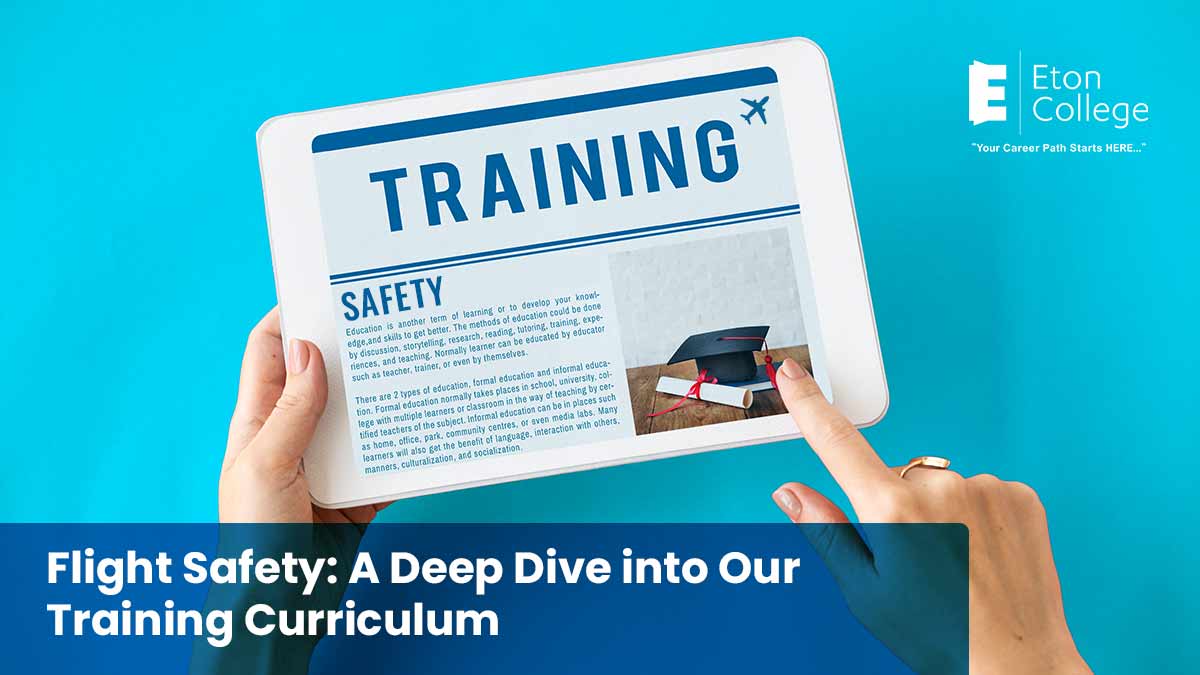Key Takeaways:
- Canadian hospitality is a billion-dollar industry expected to return to normal levels from 2022 onwards.
- Introduction to the hospitality industry covers subjects in customer service, management, social responsibility, and collaborative work.
- It’s essential for students to equip themselves with hospitality skills to thrive in the demanding workplace.
The COVID-19 pandemic caused the hospitality industry to plummet in the years 2020 and 2021. Fortunately, Statista reported that inbound and outbound traveling in Canada would bounce back in 2022.
Hospitality is a billion-dollar industry in the country. In 2019 alone, it contributed $43.5 billion to Gross Domestic Product (GDP). Additionally, the tourism expenditures that year hit an estimated $104.9 billion.
Going into the post-pandemic era, tapping into this industry has become more rewarding.
Find out what key things you’ll learn about this industry.
Understand “Service”
A hospitality management course revolves around the concept of service, particularly customer care. This, after all, is an essential ingredient in all hospitality businesses.
Service goes beyond the performance of duties and responsibilities. It also deals with having the emotional intelligence to emphasize others’ needs.
Describe Travel Trends
There are many reasons why people travel. For the most part, they do it for leisure and recreation. Others do it for business purposes and venture expansion.
Hospitality students get to understand the drive behind these travel purposes. Moreover, they’ll be able to learn how to research travel trends and their global impact.
Learn Functions of Management
Businesses rely on the concept of hospitality to provide clients with the best level of care. This includes having organized management of tasks, functions, and resources.
Managing operations is a key skill needed in today’s ever-demanding customer service. Additionally, it also deals with related concerns such as human resources and marketing.
Identify Managerial Roles
There are differences in the roles of managers in this industry. This is especially true in Canadian hospitality wherein managers have various principal duties.
Hospitality management courses will teach students about these specific responsibilities. On top of that, they’ll understand the significance of this role in an organization.
Develop Social Responsibility
Every business has a social responsibility towards its respective communities. But this matter is further highlighted in the hospitality industry.
In a customer-facing industry, professionals have the obligation to promote business ethics. Moreover, it’s their role to ensure that the business remains consistent with these guidelines as preventive measures.
Develop Key Skills
Studying hospitality management is one avenue to sharpen soft and hard skills. Some of these skills include decision-making skills, critical-thinking skills, and customer service skills.
On top of that, students also get to expand their library and study skills as they progress. More importantly, they also learn how to combine these skills to thrive in the workplace.
Experience Collaborative Work
Collaboration is a core skill in hospitality. Businesses rely on the creativity and innovation of teams to propel the business forward.
Having a collaborative spirit is something that comes naturally to every learner. It involves partaking in brainstorming and going through ideas to find the best outcome possible.
Interested in taking your hospitality skills to the next level? Enroll in our micro-credential program in Introduction to the Hospitality Industry here at Eton College. Reach out to us and learn more about this exciting course!




